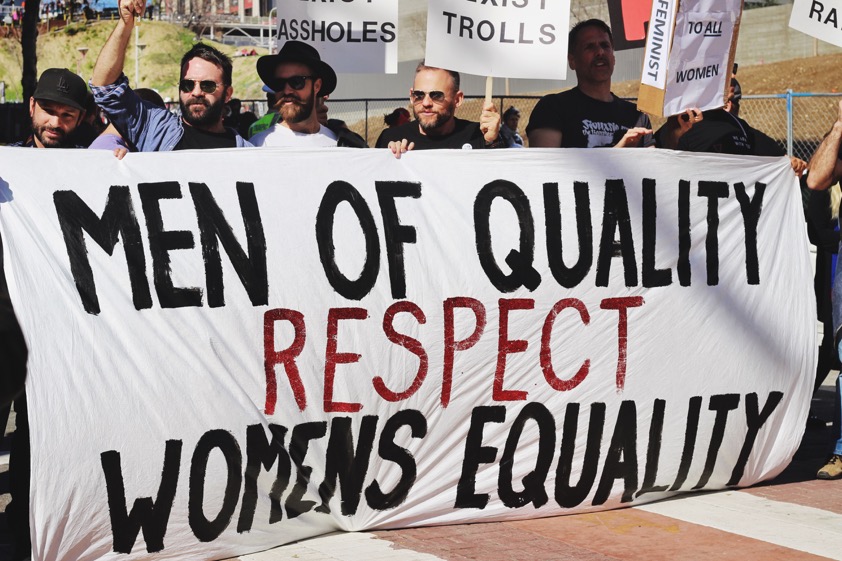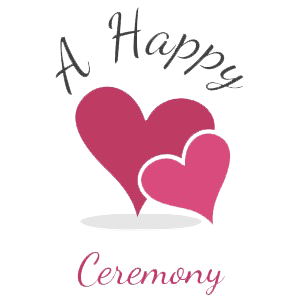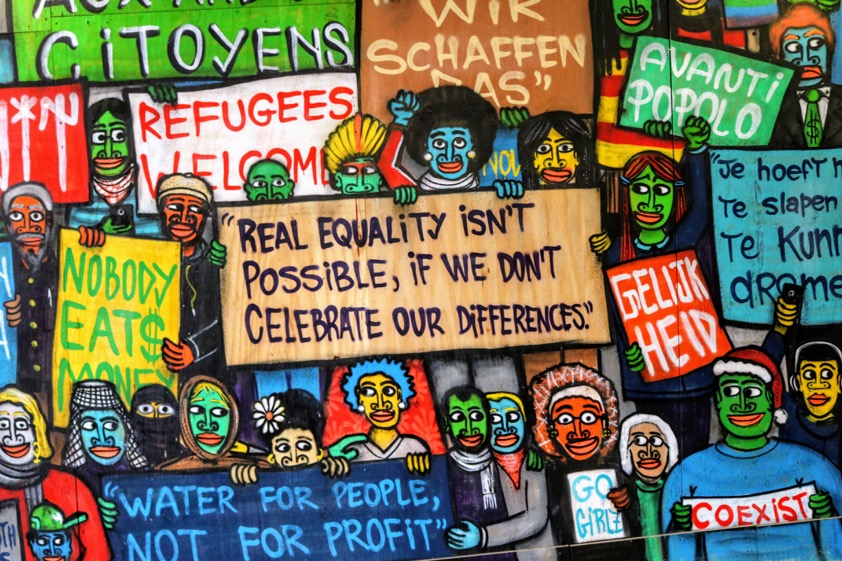As part of my training I was asked what equality means to myself.

My understanding of ‘Equality’.
Equality is ensuring that individuals or groups of individuals are treated fairly and specific to their needs including areas of race, gender, disability, ability, religion or belief, sexual orientation, gender reassignment, marital or civil partnership status, pregnancy and motherhood age.
My understanding of ‘Diversity’
Diversity literally means ‘difference’ its about recognising individual as well as group differences.
The benefits of an equal and diverse society.
The benefits are that everyone is included in today’s society regardless of race, skin colour or belief systems, any health condition or aliments, sexual orientation and anything consider different that is legal, the benefits are the improving relationships and wellbeing with in families and the general communities, leads to more confidence and has a positive impact on those who previously felt isolated by societies.
The key legislation around Equality and Diversity
The Equality Act 2010 simplified the legal framework of equality legislation, it removed inconsistences and made it easier to understand, this makes it very clear what Celebrants need to know and help them cater for their client’s needs and requirements before ceremonies.
My business Practices
Practice 1
To ensure at the first planning meeting that the client is asked either by questioner or verbally if anyone attending has any extra needs or additional support.
Practice 2
To make sure that the venues chosen can cater to suit the needs of all parties with in the ceremony.
Practice 3
To routinely ask and every stage of pre planning and during the ceremony, if English is their first language.
Practice 4
Make sure the planners or wedding planners are aware of the need off adequate toilets facilities for all concerned in the ceremony taking part.
Practice 5
Insure that the sound and light systems are adequate.
Practice 6
Make provision for those are physically disabled, have plenty space for wheelchair users, provision for guide dogs.
The impact of each of each of my Practice’s and delivery and management of the ceremony.
Practice 1 To ensure at the first planning meeting that the client is asked either by questioner or verbally if anyone attending has any extra needs or additional support. Some venues are not always suitable to everyone, especially those who need support, therefore it is important to explain this in the early planning. Extra staff, carers or supporting adults, time, may be required.
This will have a positive effect on those that need supported and the wellbeing of everyone involved as this reduces perceived fears and stress, as those getting married may have pre wedding nerves. Knowing all this is in good hands and in place will help.
Practice 2 To make sure that the venues chosen can cater to suit the needs of all parties with in the ceremony. Visit Venues before the event, have a list of preferred venues that cater for specified needs. The positive impact would be the smooth running of the Ceremony with everyone’s requirements considered.
Practice 3 To routinely ask and every stage of pre planning and during the ceremony, if English is their first language. If I was told that someone was attending for whom English was not their first language, I would find out as much as possible and offer the following:
To provide a copy of the script in advance so that it could be translated, to speak rather slower if appropriate, to avoid the use of jargon or complex words or constructions in the ceremony and to ask if a translator would be of benefit.
By doing this I will make sure that everyone attending the ceremony has an equal opportunity to understand everything that is said and done Make sure the planers or wedding planers are aware of the need off adequate toilets facilities for all concerned in the ceremony taking part.
Remind clients and planners especially with older people and some disabled it’s very important that toilets are close by and easily accessible, for bigger venues ensure there is enough of them, for naming ceremonies especially where more children could be involved it is important that there are baby chancing facilities close by.
I would also allow for breaks or shorten a ceremony if family members and supporting adults needed to have regular toilet breaks as this would enable them to take part or see all of the ceremony which in turn would make the ceremony more memorable for all participants
Practice 5 Insure that the sound and light systems are adequate. Remind the planners and clients that those with hearing problems its important to find out if the venue has a hearing induction loop also if its just one ear that the side the sit at is also important, the use of wireless mics can aid in this situation if someone is also disable and is restricted in movement.
Good lighting is important for those who have to read the script and those who need to read the scrips in a different language
Practice 6 Make provision for those are physically disabled, When creating the ceremony where the client or those attending or participating have additional needs,
I will endeavour to make sure the needs are met and if I have to make sure by the use of gestures, eye contact that everyone is following or happy, slow down if need be and ask if you feel they need assistance, this insures involvement and helps everyone have a good time and really improves the enjoyment of the special occasion it shows respect and understanding of those requiring additional needs. Remind the planners or wedding venue providers have plenty space for wheelchair users and provision for guide dogs.
The aspects of equality and diversity That I now include in my business are –
The first aspect must come from the first plaining meeting to endeavour to find out what everyone’s needs are, by asking open questions and gathering as much information as need be.
The second aspect is to ascertain if the venues are fit for purpose, if not suggest the provisions that could be put in place or the possibility of a more suitable venue.
The third aspect is to ensure when reading out the scrips during the ceremony that I have planned practiced the speed, level of voice/ sound to suit all needs.
This will go along way to reassuring my clients, I am always learning and gaining knowledge of this industry and want my clients to really enjoy their special day.
Derek McGillivray


Recent Comments